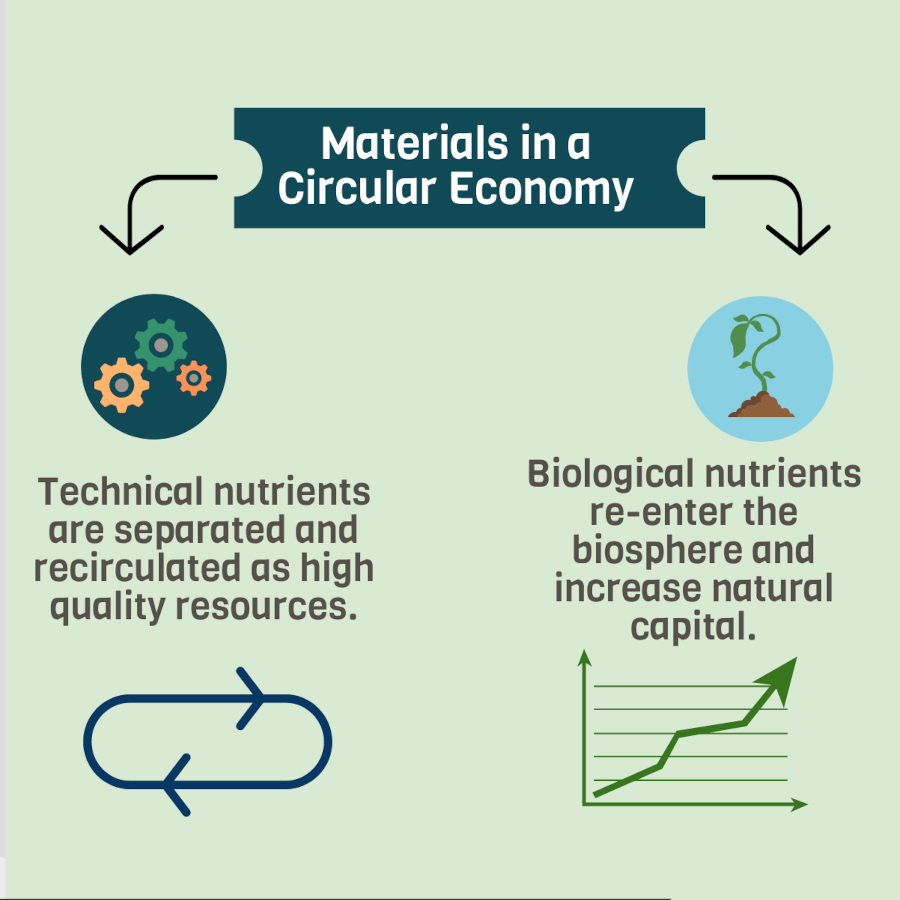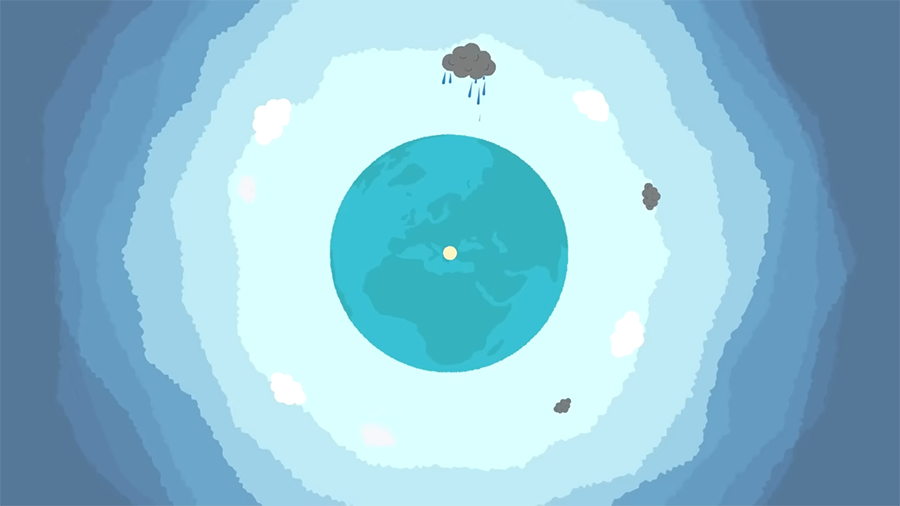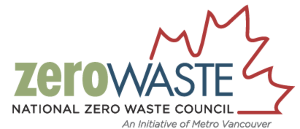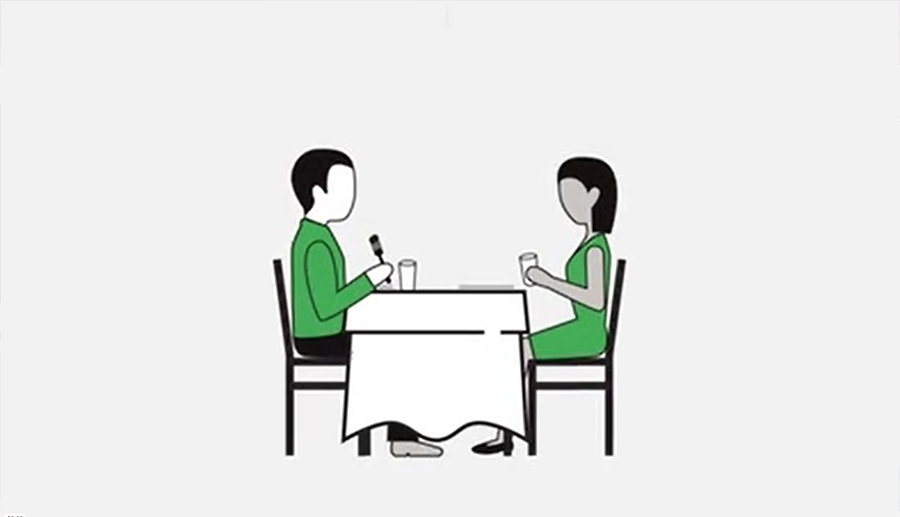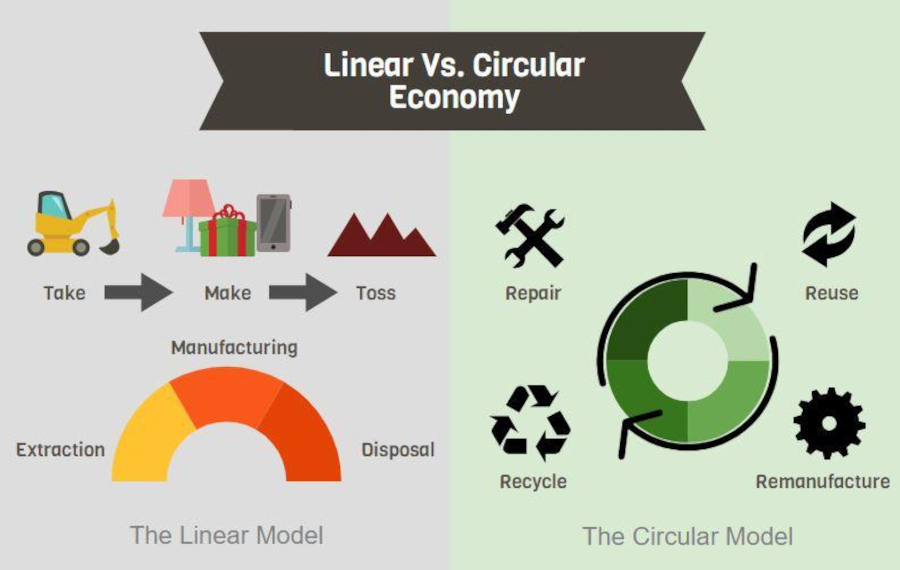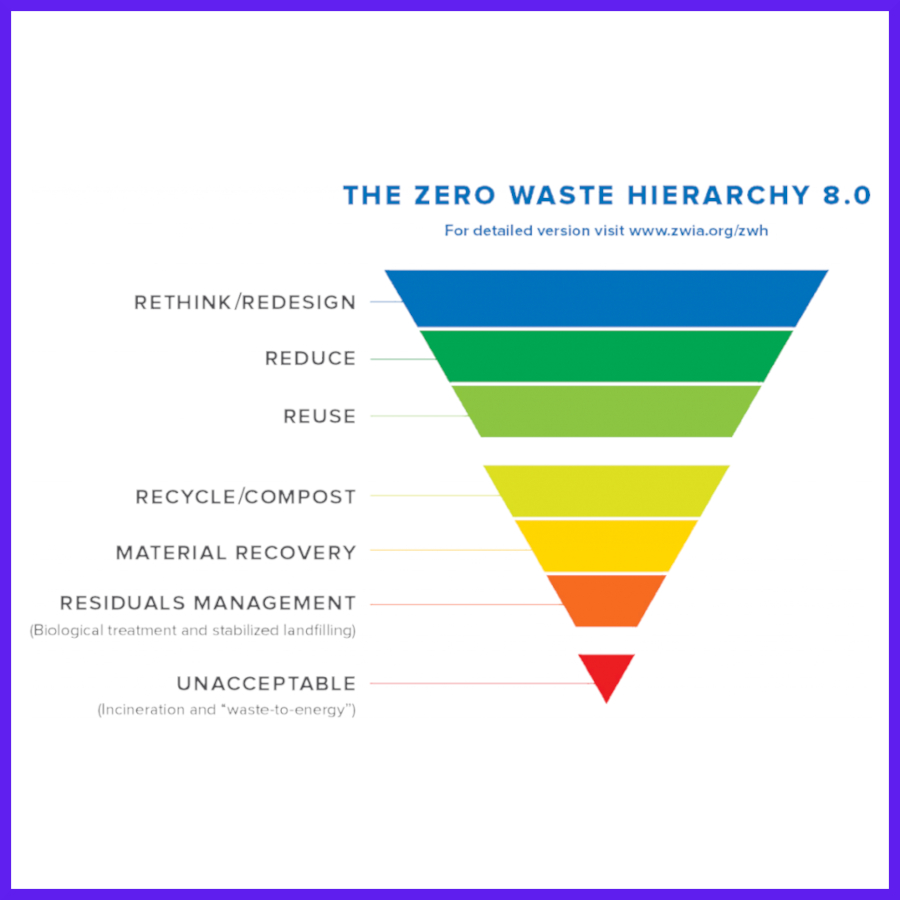Ellen MacArthur Foundation
In our current economy, we take materials from the Earth, make products from them, and eventually throw them away as waste – the process is linear. In a circular economy, by contrast, we stop waste being produced in the first place.
The circular economy is a systems solution framework that tackles global challenges like climate change, biodiversity loss, waste, and pollution.
The circular economy is based on three principles, driven by design:
- Eliminate waste and pollution
- Circulate products and materials (at their highest value)
- Regenerate nature
It is underpinned by a transition to renewable energy and materials. A circular economy decouples economic activity from the consumption of finite resources. It is a resilient system that is good for business, people and the environment.
